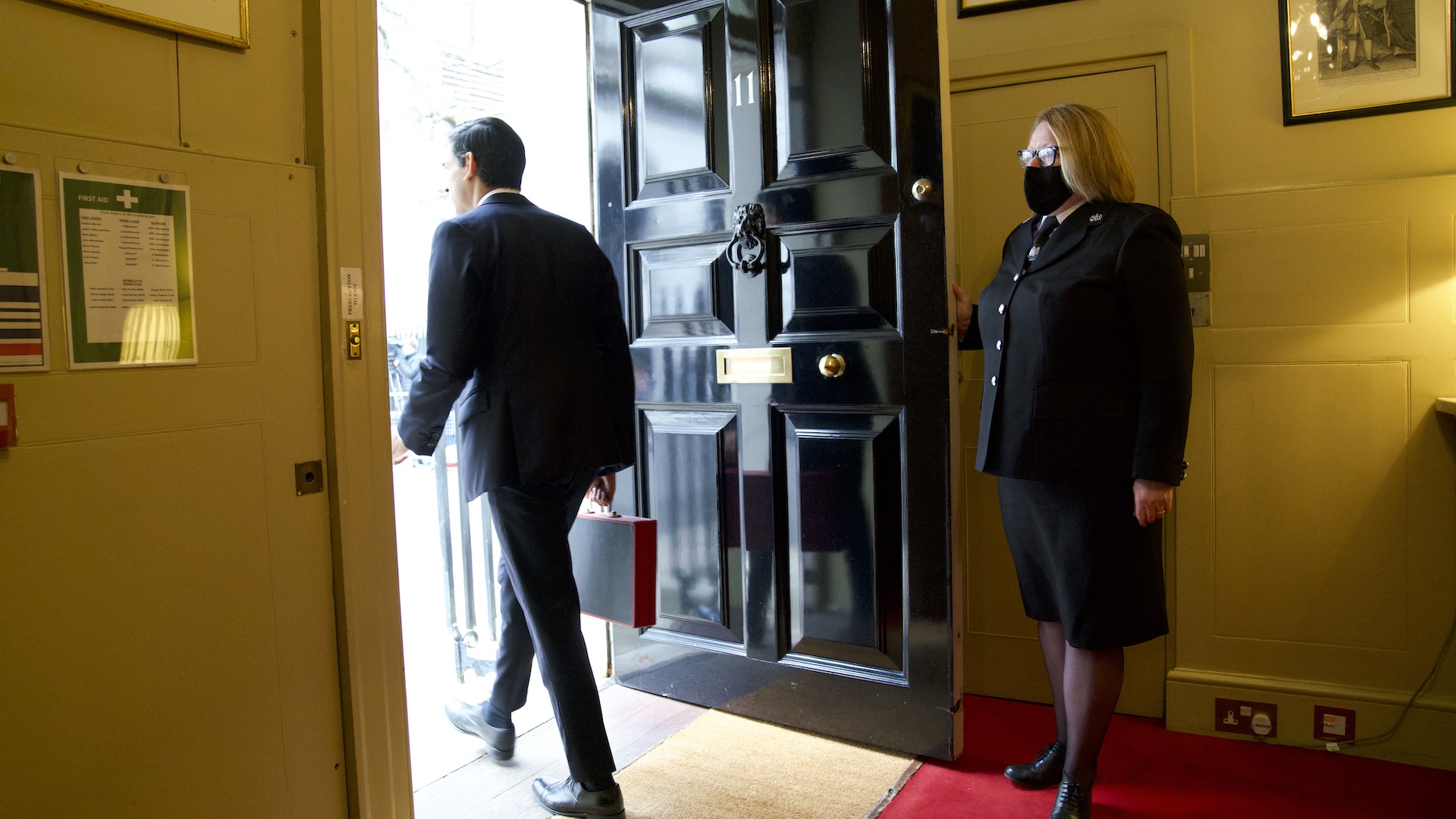When he delivered his Budget yesterday, the Chancellor promised to “continue doing whatever it takes to support the British people and businesses through this moment of crisis”.
But JRF’s analysis shows that ultimately, more people will be swept into poverty in the face of continued economic uncertainty and inadequate support.
Before the Budget, JRF set out five tests to judge whether the measures announced would deliver for people living poverty. Our analysis shows that the choices made by the Chancellor on social security, housing, and the economy do not pass those tests and risk pulling people into poverty as a result.
1. Has the Chancellor extended the £20 uplift to Universal Credit and Working Tax Credit for at least another year?
The Government’s decision to cut Universal Credit and Working Tax Credit in 6 months’ time – just as the furlough scheme ends and unemployment peaks – will pull 500,000 people including 200,000 children into poverty as we head into winter.
The OBR’s latest forecasts show that unemployment is expected to increase by a further 500,000 people between now and the peak towards the end of the year. Despite that, the Government has chosen to cut the main rate of unemployment support to its lowest level since 1990. This makes no sense, and leaves millions of families who are already struggling once again dreading a cliff-edge cut to their incomes.
2. Has the Chancellor announced measures to protect jobs and help the unemployed back into work?
The decision to extend furlough until the end of September is welcome and will continue to protect more jobs until the economy reopens. It is important that there is flexibility in the timings set out for unwinding the scheme, so that they can adapt to any potential changes in the roadmap ahead.









